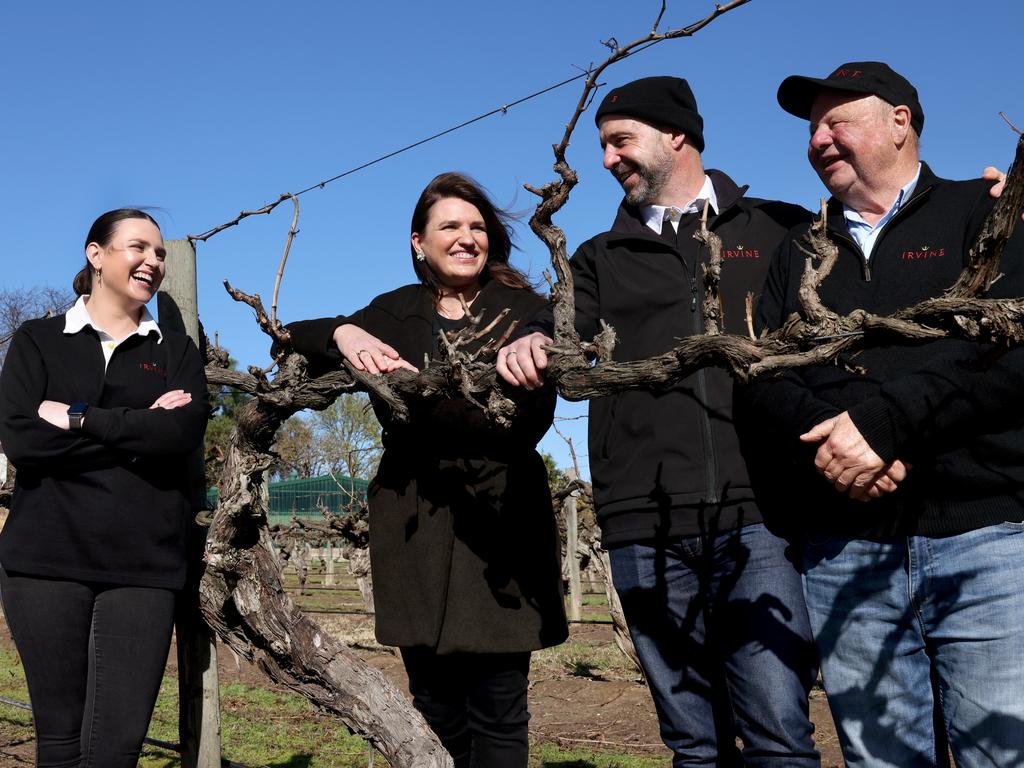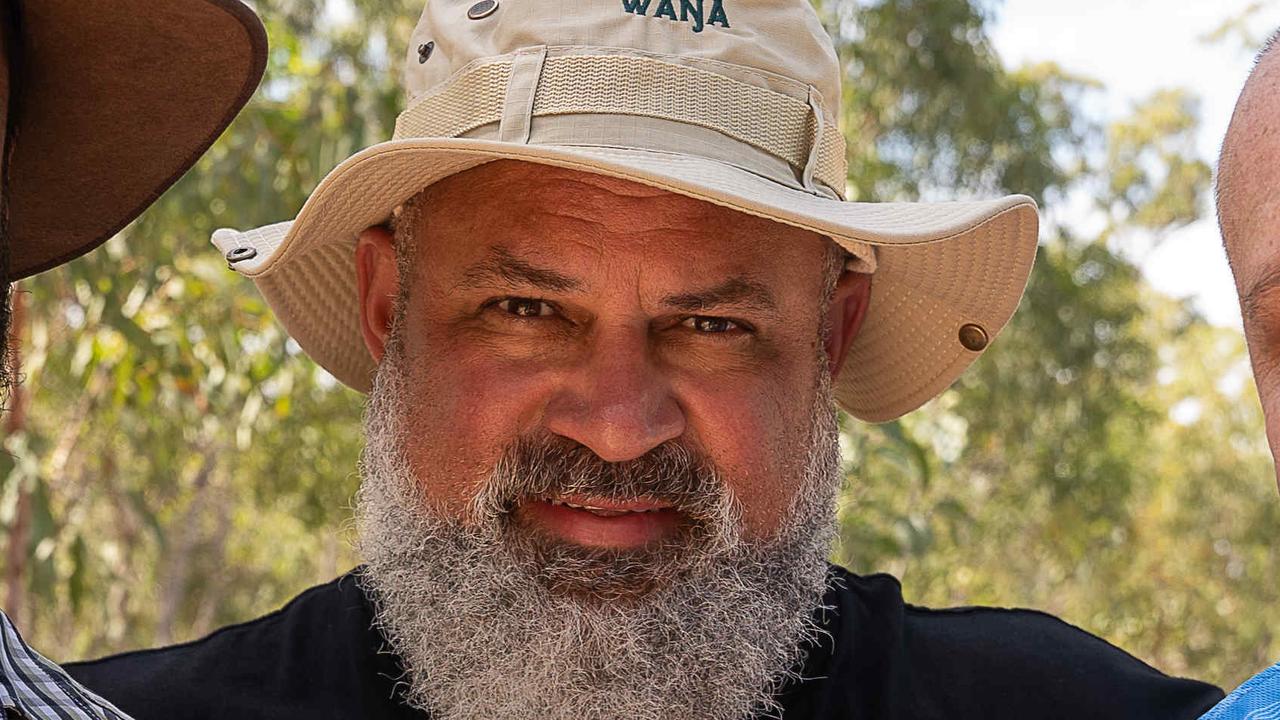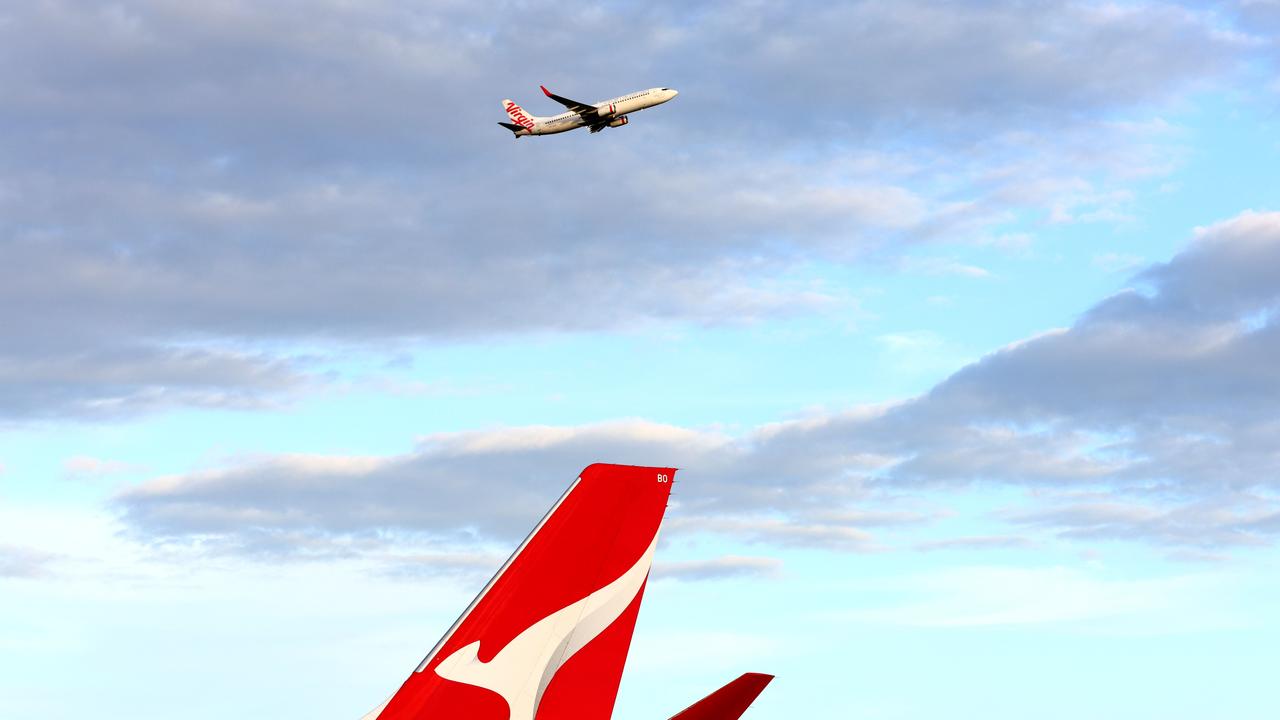Warren Brown’s Bush Summit Road trip day 1: Barossa
The Barossa is synonymous with German free settlers establishing a wine industry in the 1800s, but the reality is not that simple.

QLD News
Don't miss out on the headlines from QLD News. Followed categories will be added to My News.
Gnarled, hardened grape vines twist like strands of giant fencing wire along vast rows of perfectly aligned vineyard trellises lying dormant and bare in the cold South Australian winter, biding their time to once again reactivate and flourish in the coming spring months.
It’s a crisp beginning to this year’s Bush Summit drive across Australia. Having just taken delivery of a brand new RAM Bighorn from the Newspot RAM dealership in Adelaide, photographer Toby Zerna and I are on the 4600km drive to Townsville in Far North Queensland with a few unexpected detours through Victoria and New South Wales.
This story is part of News Corp Australia’s Bush Summit series celebrating rural and regional Australia and championing the issues that matter most to those living in the bush. You can read all our coverage here
But here at our first stop in the architecturally German-inspired town of Angaston, these ancient grape vines are some of the oldest in the Barossa Valley and indeed the world, owner of Irvine Wines John Wade and his son Sam proudly explain to me as we wander through one of their many acreages.
“You see how thick the vines are here?” Sam points out. “You can certainly tell the age of a vine like a big old oak tree – these Shiraz grapes were planted in 1867…” a point not lost on me, my memory roughly calculating that as being two years after the American Civil War.
Indeed, if you join the dots, John and Sam’s wine business has incredible provenance as an inextricable part of South Australian history, where it was founded by their business partner’s forebears, the Miles family – British immigrants who were one of the first to plant vines in the district.

The thought of English winemakers in the Barossa sounds awkwardly out of place in a region renowned for a wave of German free-settlers who famously arrived en masse during the 1800s to create one of the finest wine regions in the world, but Sam assures me the mix of English and German vignerons back in the day was “about 50-50”.
It took a long time for Australia to embrace its own brilliant wine industry – for generations, beer and rum drinking Anglo-Australians often regarded the European tradition of drinking wine with suspicion and derision, that wine was crook and cheap – even the disparaging term “plonk” came from Australian soldiers drinking “blanc” white wine in France during WWI.
Yet despite more than 150 years of the Australian wine industry’s enviable reputation rising exponentially to create a multibillion-dollar international industry, in recent times it has taken a severe battering, being brutally smashed by Chinese government tariffs stemming from awkward questions raised by the then Morrison government as to the origins of the Coronavirus.
On a careening train of industrial carnage, Australian export industries were knocked over one after another – beef, barley, coal, cotton, lobsters – leaving farmers, fishermen, miners and vignerons reeling. The tariffs on Australian wine rose as high as 218.4 per cent.
And with the sudden disappearance of Australian wine in the Chinese market, the void was instantly filled by producers from France and Chile, but the welcome decision in April by the Chinese Ministry of Commerce to finally quash the three year-long wine tariff has left vignerons around Australia simultaneously relieved and cautious.

Casey Miles, 22, is a sixth-generation descendant of the family who founded the winery in the 1860s, and has recently been appointed as the current Barossa Young Ambassador, part of a leadership initiative designed to raise the profile of young community leaders and acknowledging the importance of the role young people play in promoting Barossa’s wine, food, tourism and culture.
Yet despite Casey’s role as ambassador for the region, she is fully aware of the devastating impact the tariffs have had on the Barossa and for wine makers around the nation.
“It was a huge thing for all local businesses in the area and Australia-wide,” Casey reflects on the sudden and unexpected embargo from China. “It was like having the rug pulled out from underneath you when China closed off its borders from us.”
Australia’s wine industry is clawing its way back but Casey feels that wine makers have learned a valuable – if painful – lesson.
“To have the market back open is amazing but I think it has taught us a valuable lesson not to have all our eggs in one basket. Looking overseas and different places such as the UK, the US and India is important… it’s about spreading our range into diverse range of countries.
“To have that back open is amazing but I think it’s taught us a big lesson not to have all our eggs in one basket.”
More Coverage
Originally published as Warren Brown’s Bush Summit Road trip day 1: Barossa







